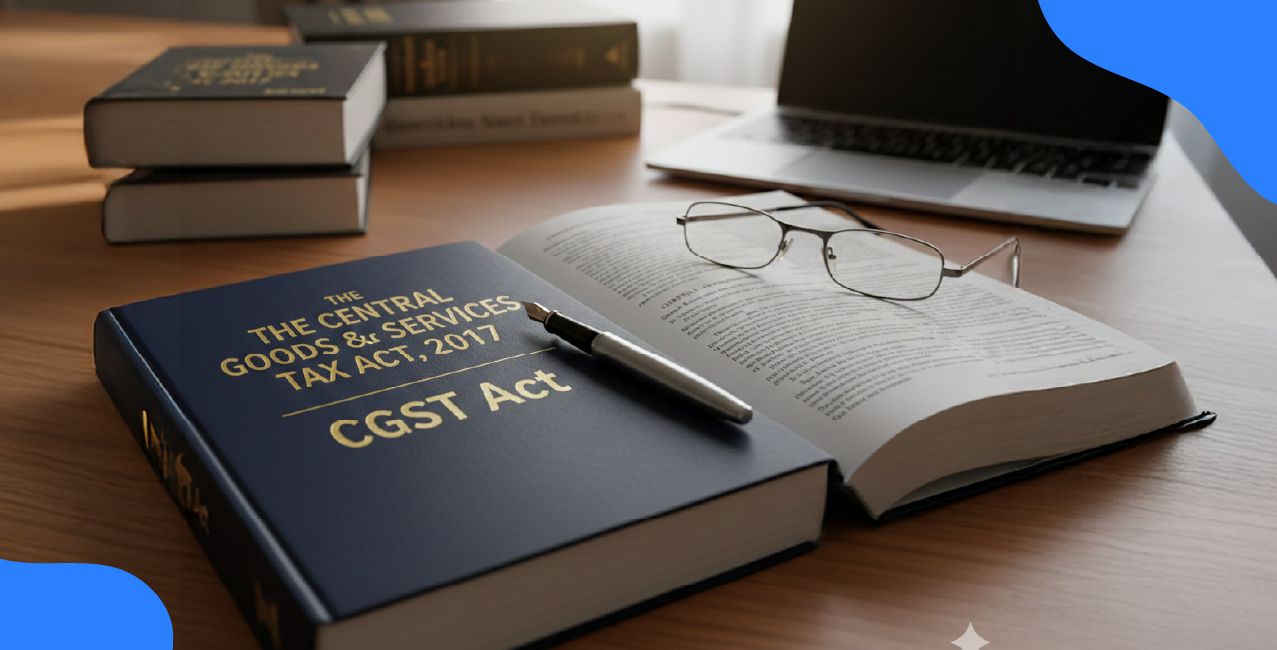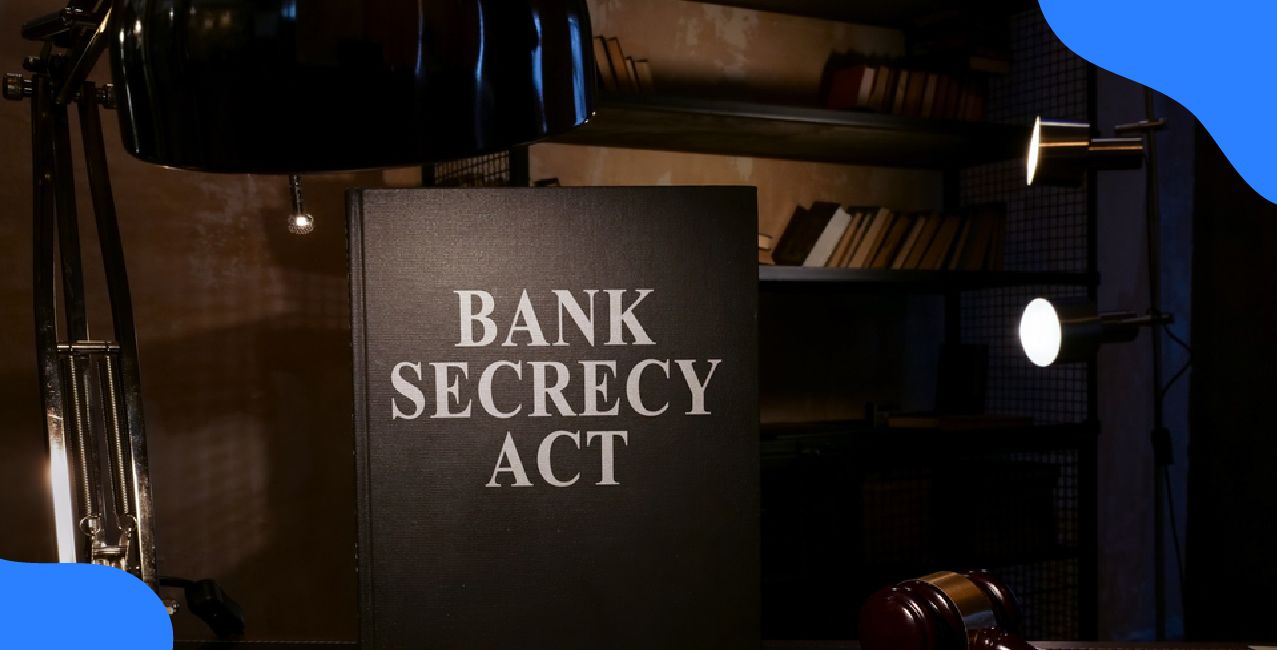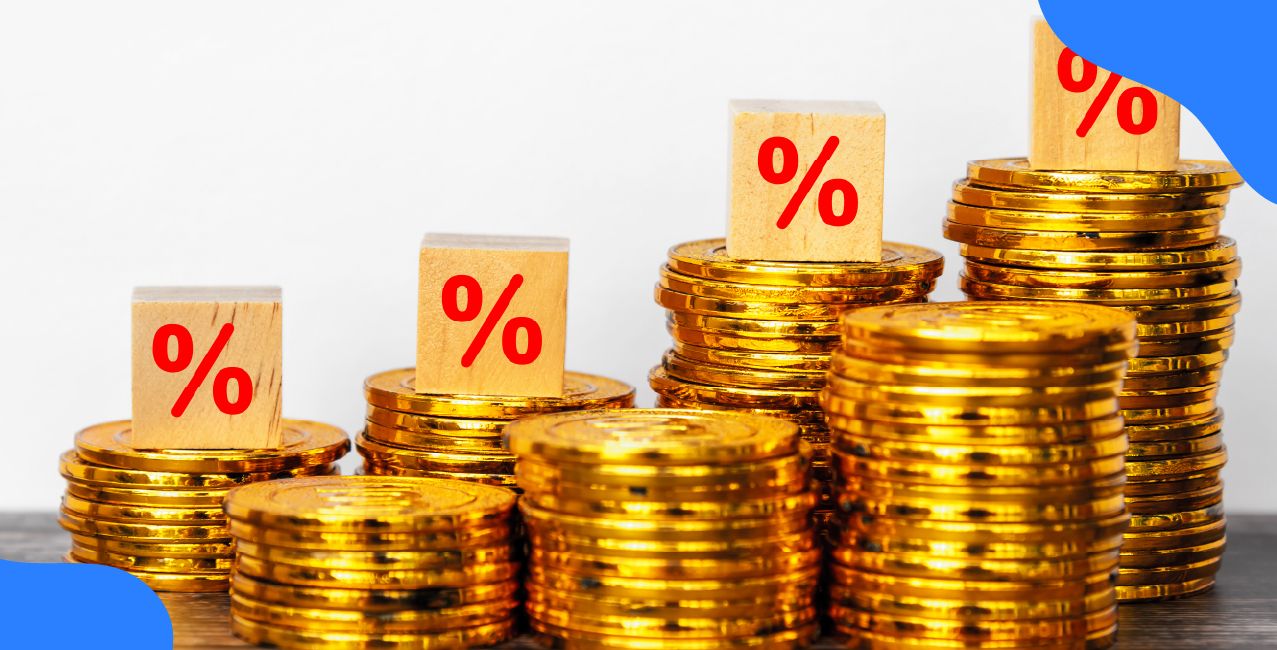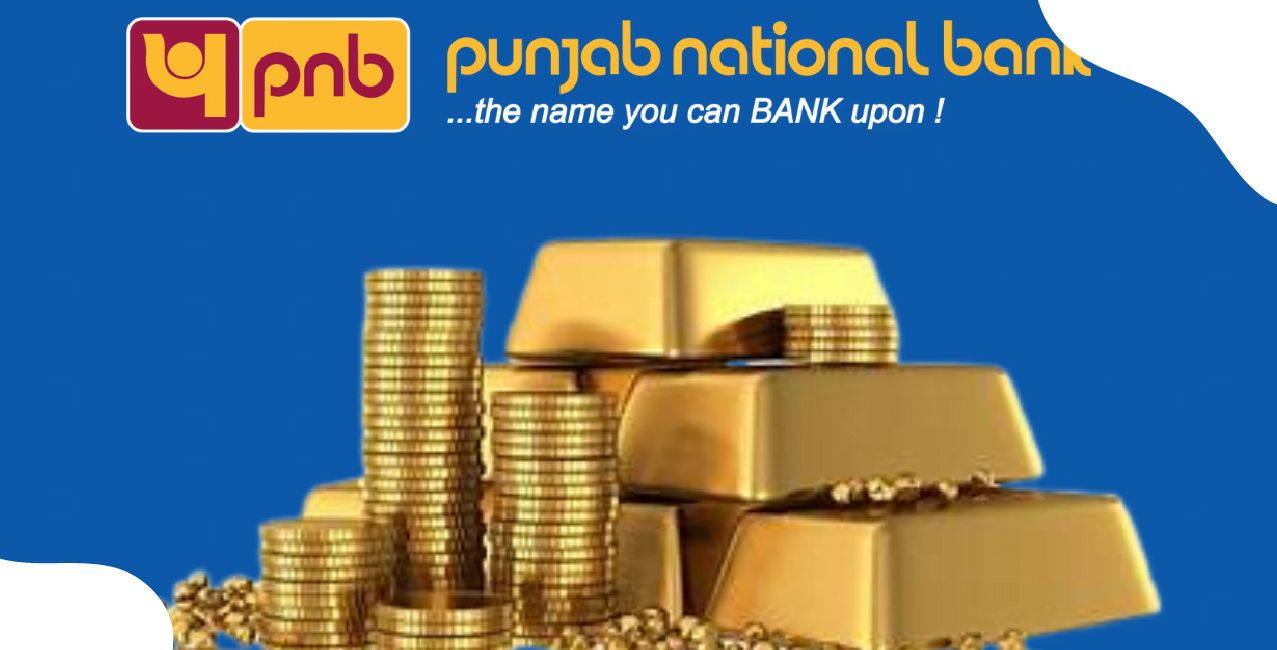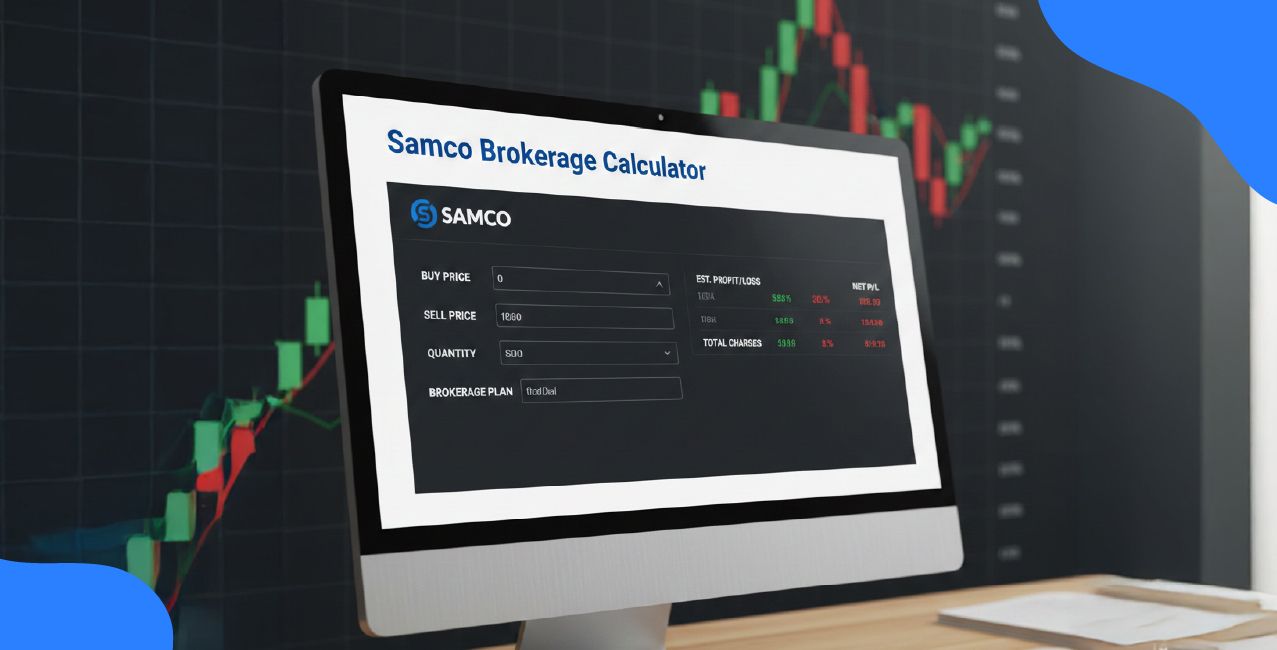GST On Water Bottles – Tax Rates, HSN Code & Pricing Impact
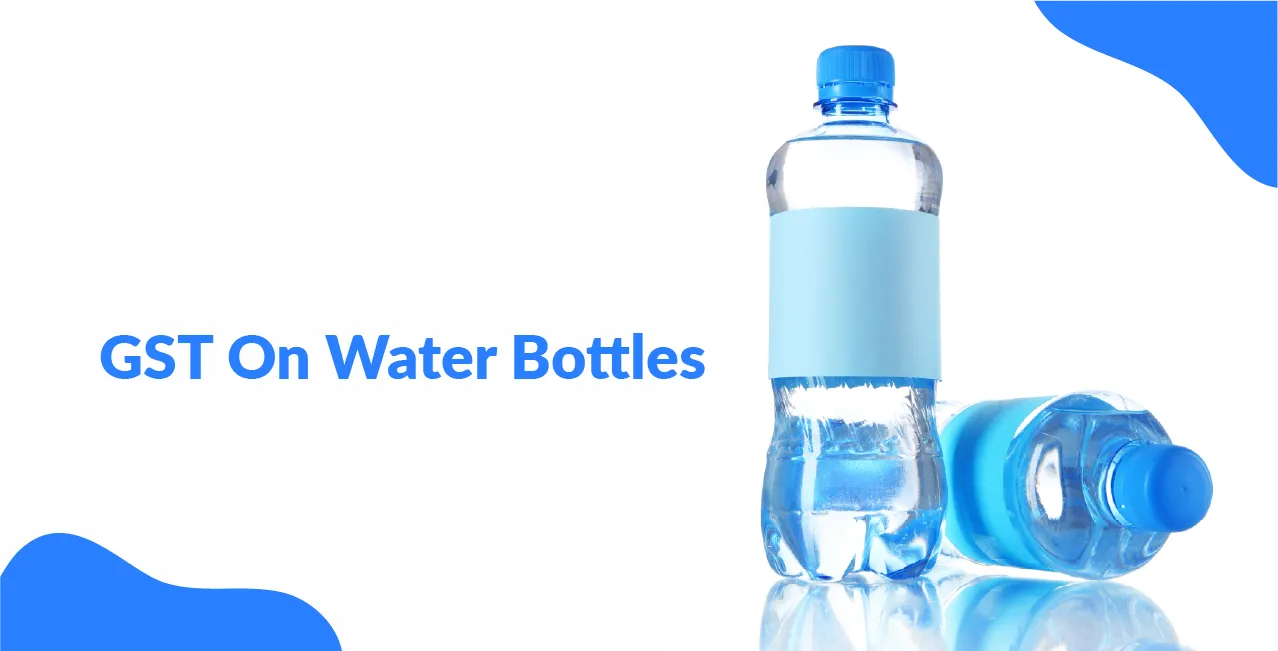
Check Your Loan Eligibility Now
By continuing, you agree to LoansJagat's Credit Report Terms of Use, Terms and Conditions, Privacy Policy, and authorize contact via Call, SMS, Email, or WhatsApp
The Goods and Services Tax (GST) is a unified tax system in India that replaces multiple indirect taxes with a single, nationwide tax. It aims to simplify the tax structure and promote transparency.
Under GST, water bottles are generally taxed at 18%, whether they are plastic or steel. For example, if a shopkeeper purchases a plastic water bottle at a base price of ₹100, they must add 18% GST, making the selling price ₹118. The shopkeeper can later claim input tax credit on this GST paid if the bottle is resold.
Here is a simple table to illustrate:
This unified tax treatment makes pricing predictable and improves tax compliance among businesses.
GST Rates on Different Categories of Hot Water Bottles (Made of Vulcanised Rubber)
This table outlines the applicable GST rates and final prices for various types of hot water bottles classified under HSN code 4014, as per GST guidelines.
Note: This GST rate applies only to hot water bottles made of vulcanised rubber (HSN: 4014). Bottles made of plastic, metal, or for drinking purposes fall under different HSN codes and may have different GST rates.
Read More - GVMC Water Tax: Understanding Charges and Payment Options
HSN Codes and GST Rates for Different Types of Water Bottles
The Goods and Services Tax (GST) in India varies depending on the type and purpose of water bottles. Different materials and intended uses fall under distinct HSN (Harmonised System of Nomenclature) codes, which determine the applicable GST rate. Below is a table highlighting the HSN codes and descriptions for commonly used types of water bottles based on official references.
Impact of GST on the Water Bottle Industry
GST, or Goods and Services Tax, is a single tax that replaced many old taxes in India. It is added to the price of almost everything we buy, including water bottles.
Before GST, companies had to pay many different taxes like VAT, excise duty, and service tax. It was confusing and expensive. After GST started, there is just one tax, which makes things simpler for businesses.
Let’s look at two examples:
1. Hot Water Bottles (used for body pain relief):
These are made from special rubber. Under GST, they have an 18% tax.
So, if a hot water bottle costs ₹200, GST adds ₹36, and the final price becomes ₹236.
Earlier, different taxes added up to a similar or slightly lower amount, but it was harder for the company to keep track.
2. Mineral Water Bottles (like Bisleri):
These bottles now have 5% GST.
If a bottle costs ₹20, then GST is ₹1, so the final price becomes ₹21.
What Changed for the Industry?
- Simpler taxes: Companies now pay just one tax and file fewer forms.
- Input credit: If they pay tax while buying plastic or machines, they can get that money back when selling bottles.
- Better pricing: With fewer taxes, some companies reduced prices or improved quality.
So, while customers might pay a little more or less depending on the bottle, the industry finds it easier to do business now.
Input Tax Credit on Water Bottles (Explained Simply)
Input Tax Credit (ITC) is a special benefit under the Goods and Services Tax (GST) system. It allows businesses to claim back the tax they paid on purchases used for making or selling goods, like water bottles.
Let’s understand how it works with a simple example:
Also Read - Why Do Indians Pay So Much Direct Taxes?
Example:
A company that makes plastic water bottles buys raw materials like plastic granules, bottle caps, and packaging.
- It buys plastic worth ₹10,000, and pays 18% GST = ₹1,800.
- It also pays GST on other business expenses like machines or printing labels.
This ₹1,800 is input tax. When the company sells a finished water bottle, say for ₹100, it charges 5% GST = ₹5 to the customer.
If it sells 500 bottles, it collects ₹2,500 in GST from buyers.
Now, the company can subtract the ₹1,800 it paid earlier from this ₹2,500. So it only needs to pay ₹700 to the government.
Why is ITC Helpful?
- It reduces double taxation.
- It lowers the final cost of production.
- It helps companies save money and invest in better products.
However, ITC is allowed only when proper tax invoices are kept, and the goods or services are used for business purposes.
Conclusion of GST on Water Bottles
The introduction of GST has brought clarity and uniformity to the taxation of water bottles in India. Whether it is a hot water bottle used for medical purposes or a bottled drinking water like Bisleri, each type is now taxed under a specific HSN code with a defined GST rate. This has helped reduce confusion and made tax compliance easier for businesses.
Although some products may have become slightly more expensive due to GST, the availability of input tax credit has lowered the overall cost for manufacturers. As a result, the industry benefits from a more transparent and efficient tax system, encouraging better production standards and competitive pricing in the market.
FAQ’s
1. What is the GST rate on bottled drinking water?
The GST rate on packaged drinking water like Bisleri is 5% under HSN code 22011010.
2. What is the GST rate on hot water bottles?
Hot water bottles made of vulcanised rubber are taxed at 18% under HSN code 40149010.
3. Can businesses claim input tax credit on water bottles?
Yes, if used for business purposes and proper tax invoices are maintained, input tax credit is allowed.
4. Has GST made water bottles more expensive?
In some cases, yes. However, input tax credit helps manufacturers reduce overall production costs.
5. Are GST rates the same for all types of bottles?
No, GST rates vary depending on the material and intended use of the bottle.
Other Related Pages | |||
About the author

LoansJagat Team
Contributor‘Simplify Finance for Everyone.’ This is the common goal of our team, as we try to explain any topic with relatable examples. From personal to business finance, managing EMIs to becoming debt-free, we do extensive research on each and every parameter, so you don’t have to. Scroll up and have a look at what 15+ years of experience in the BFSI sector looks like.
Subscribe Now
Related Blog Post
Recent Blogs
All Topics
Contents
Quick Apply Loan
Consolidate your debts into one easy EMI.
Takes less than 2 minutes. No paperwork.
10 Lakhs+
Trusted Customers
2000 Cr+
Loans Disbursed
4.7/5
Google Reviews
20+
Banks & NBFCs Offers
Other services mentioned in this article



